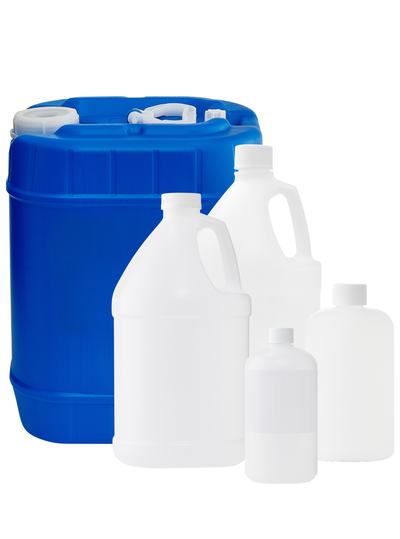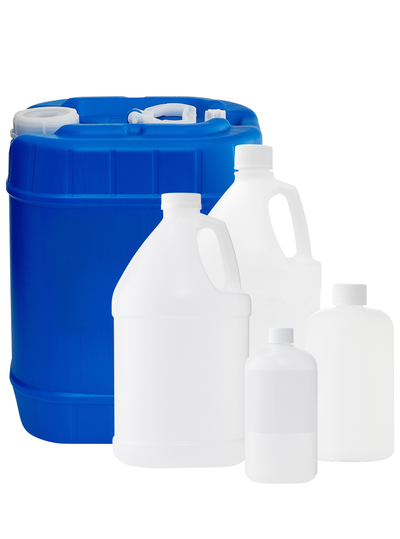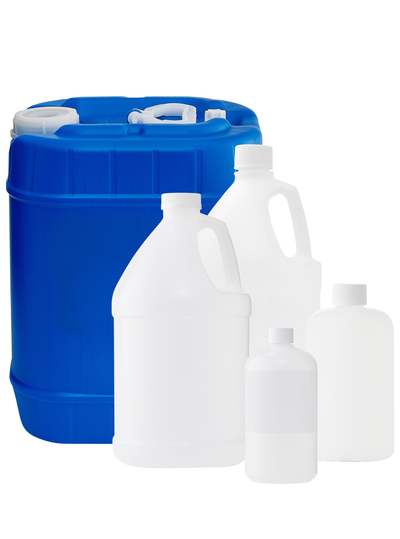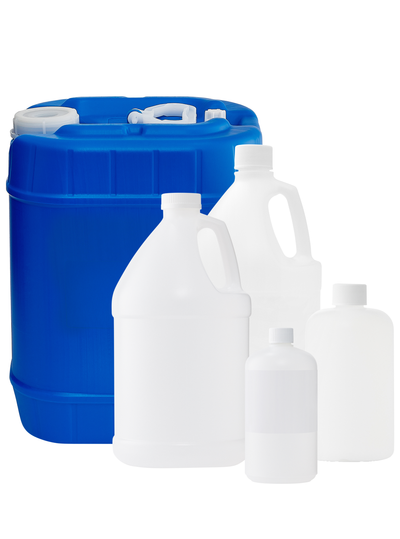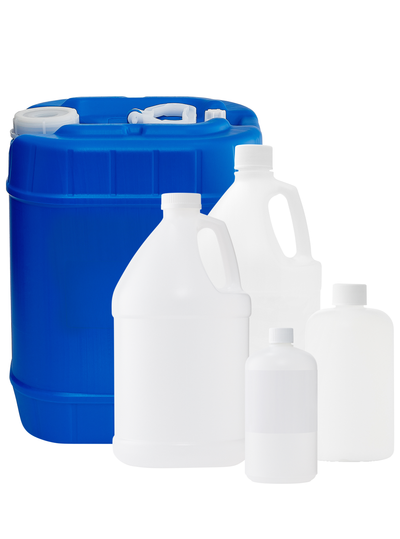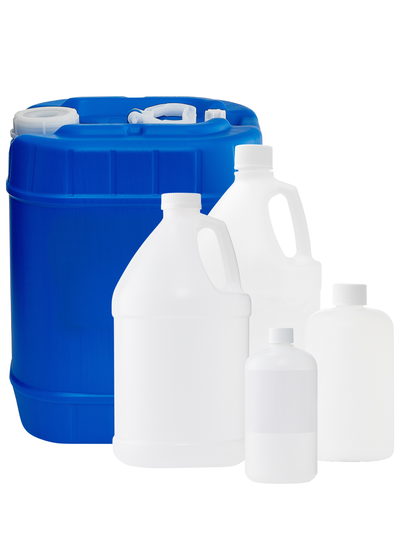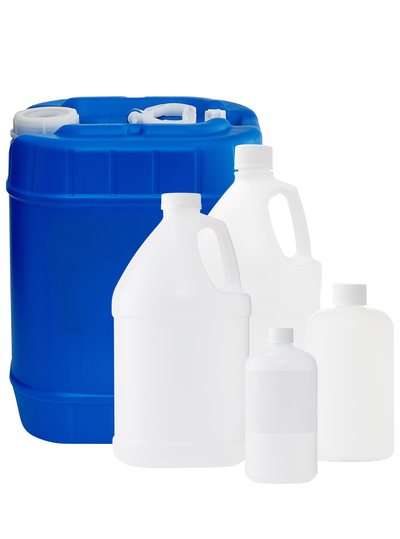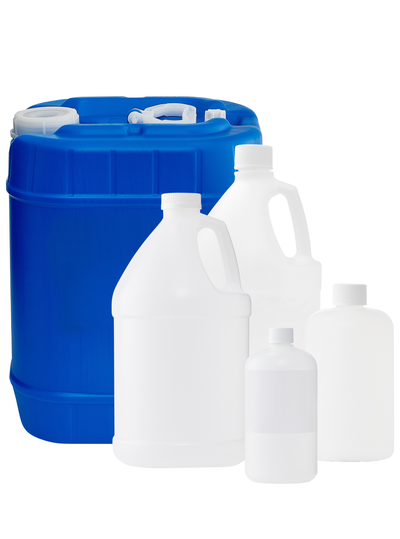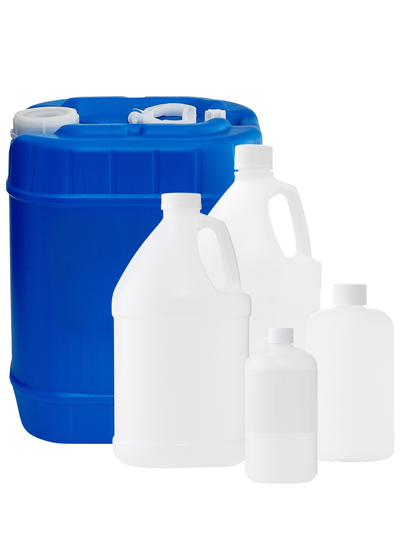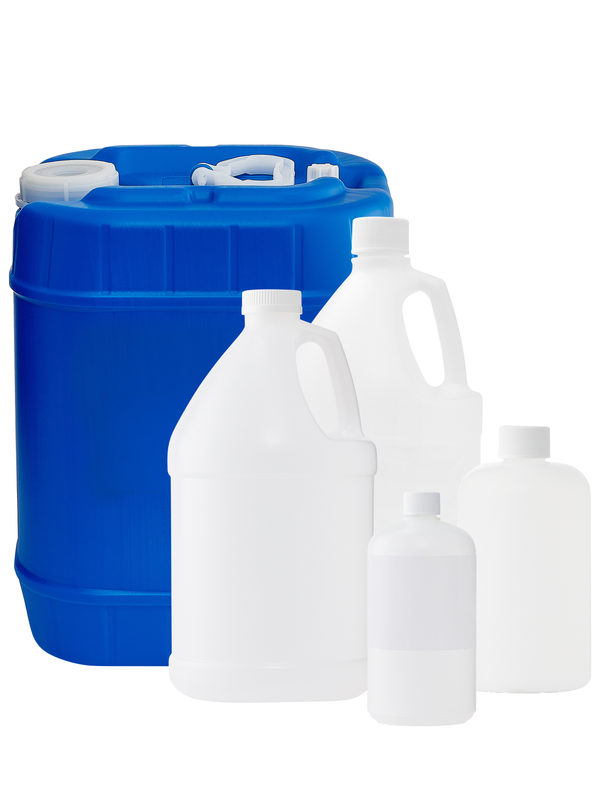
Business Support
Barium Chloride Crystal Dihydrate 99% ACS Grade
For questions regarding lead time, please contact a member of our Customer Care Team at customercare@laballey.com
Business Support
Description
About Barium Chloride Crystal Dihydrate 99% ACS Grade
The inorganic compound Barium Chloride has the formula BaCl2 . It is one of the most common barium salts and is readily soluble in water. It is whitish in appearance, is poisonous, and gives aflame having a yellowish-green tint, just like most other barium salts. It is also hygroscopic, forming the dihydrate BaCl2-2H2O . Lab Alley is providing Barium Chloride Crystal in its Dihydrate form with 99% purity. It is widely used in laboratories because of its low cost, easy availability, and water solubility. An ACS grade reagent is a chemical that meets the purity requirements of the American Chemical Society. For dependable, consistent, and repeatable findings, ACS Grade reagents can be utilized in high-quality research labs. This product is ideal for commercial, industrial, and laboratory applications.
COMMON USES AND APPLICATIONS
- Reagent
- Moisture absorber
INDUSTRIES
- Waste water treatment
- PVC stabilizers
- Steel industry
PRODUCT INFORMATION
Customer Reviews and Q&A
Safety and Shipping
Hazmat Fee Required
Business Support
Built for Business.
At Lab Alley, we simplify procurement with custom quotes, credit applications, tax exemptions, and fulfillment support, ensuring on-budget, on-time delivery - your success is our priority.
Apply for Credit
A Lab Alley credit account streamlines purchasing for your business. Our Customer Success Team is available to help you through every step of the process.
Request a Custom Quote
Get a fast, customized quote tailored to your specific needs. Our team ensures accurate pricing and availability to help streamline your purchasing process.

Additional Business Resources
Lab Alley provides access to essential certifications, documents, and other resources to support your business.
Certificates of Analysis

Create a Lab Alley Account

RECEIVE exclusive offers, promotions, and discounts on chemicals.

Always have the product you need, when you need it with our AUTOSHIP program.


